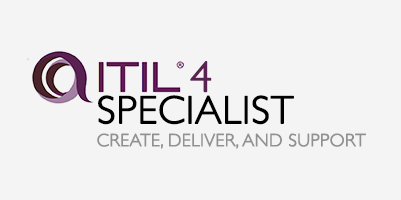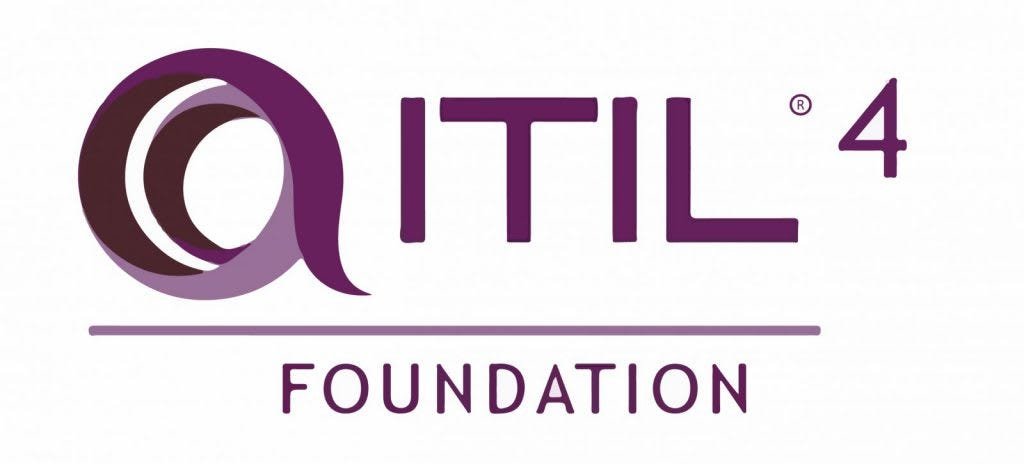Course Overview
The Certified Change Management Professional certification is a globally recognized credential designed to validate an individual’s expertise in effectively leading and implementing organizational change. This course equips professionals with the knowledge and skills to manage change initiatives, minimize disruption, and ensure successful project outcomes.
Course Objective:
The CCMP course is designed to provide a comprehensive understanding of change management principles, methodologies, and best practices. Participants will learn how to develop and execute change strategies that align with organizational goals, manage stakeholder engagement, and drive change adoption. By the end of the course, students will be prepared to lead successful change initiatives and take the official CCMP certification exam.
Target Audiance
- Change Managers
- Project Managers
- Programme Managers
- Operational Managers
- Business Analysts
- Human Resources (HR) Professionals
- Senior Leaders and Executives
Schedule Dates
CCMP: Certified Change Management Professional
CCMP: Certified Change Management Professional
CCMP: Certified Change Management Professional
CCMP: Certified Change Management Professional
Course Content
- Understanding Change: Definitions and types of change (transformational, transitional, developmental).
- Change Drivers: Identifying internal and external drivers of change (e.g., market trends, technology shifts).
- Organizational Change Theories: Key theories, including Lewin’s Change Model, Kotter’s 8-Step Process, ADKAR Model, etc.
- The Role of a Change Practitioner: Responsibilities and competencies required for effective change management.
- The Change Process: Phases of change—Initiation, Planning, Implementation, Monitoring, and Closure.
- Assessing Change Impact and Readiness: Conducting impact analysis and evaluating organizationalreadiness for change.
- Stakeholder Management: Identifying, analyzing, and engaging stakeholders.
- Change Vision and Objectives: Developing and communicating a clear change vision aligned with strategic objectives.
- Change Strategy Development: Aligning change initiatives with business strategy.
- Creating a Change Management Plan: Structure and key elements (e.g., communication plan, training plan, resistance management plan).
- Risk Management in Change: Identifying and mitigating risks associated with change initiatives.
- Resource Allocation: Budgeting, scheduling, and assigning roles for successful implementation.
- Change Communication: Developing effective communication strategies to keep stakeholders informed and engaged.
- Leadership Communication: Role of leadership in sponsoring and supporting change.
- Managing Resistance to Change: Identifying resistance and applying strategies to mitigate it.
- Engagement Techniques: Motivating and engaging employees throughout the change process.
- Training Needs Assessment: Identifying skill gaps and designing training programs to support the change.
- Developing Learning Programs: Designing and delivering training tailored to different groups (e.g., leaders, teams, front-line employees).
- Coaching and Mentoring: Supporting leaders and employees to adopt and sustain changes.
- Knowledge Transfer and Reinforcement: Ensuring knowledge is transferred and sustained post-change implementation.
- Executing the Change Plan: Overseeing the deployment of change initiatives.
- Monitoring Progress: Using metrics and feedback loops to track the effectiveness of the change.
- Embedding Change into Culture: Techniques for making change a permanent part of the organizational culture.
- Continuous Improvement: Assessing lessons learned and applying continuous improvement to the change process.
- Measuring Change Success: Defining KPIs, metrics, and benchmarks to evaluate the effectiveness of change.
- Post-Implementation Reviews: Conducting after-action reviews and identifying areas for improvement.
- Sustaining Performance: Ensuring that the changes lead to long-term benefits and success.
- Professionalism and Ethical Standards: Adhering to ethical guidelines and codes of conductin managing change.
- Confidentiality and Integrity: Managing sensitive information and maintaining trust.
- Case Study Analysis: Reviewing real-world examples of change initiatives.
- Practical Scenarios and Simulations: Engaging in simulations to apply change management theories to practice.
- Building a Change Portfolio: Preparing documentation and evidence of change management competency.
- Study Techniques: Recommended resources, exam practice, and study groups.
- Mock Exams and Ǫuestion Types: Understanding the structure of the CCMP exam and sample questions.
FAQs
The Certified Change Management Professional (CCMP) certification is a globally recognized credential that validates an individual’s ability to lead and implement change management strategies effectively. It is designed for professionals who want to demonstrate their expertise in managing organizational change and leading transitions.
Candidates typically need to have completed 21 hours of formal change management education and possess experience in change management. It is recommended that participants have a minimum of three years of work experience in the field of change management, but this is not mandatory for attending the course.
Yes, the CCMP certification is globally recognized, providing professionals with an industry-standard qualification that demonstrates their proficiency in change management practices across various industries.
Obtaining the CCMP certification will enhance your professional credibility, equip you with in-demand change management skills, and increase your opportunities for career advancement. It shows employers that you are qualified to lead and manage change initiatives effectively, which can be particularly valuable in dynamic business environments.
Yes, many providers offer post-training support, including access to additional resources, practice exams, and community forums where you can engage with other change management professionals.
Absolutely. Change management is a critical skill that applies across various industries, including healthcare, IT, finance, education, and manufacturing. The CCMP certification equips professionals to manage change initiatives in any sector, regardless of industry specifics.
Yes, the CCMP certification is highly valuable for consultants who work with organizations to implement change initiatives. It demonstrates your expertise in managing change, helping you gain credibility and attract clients seeking change management services.
Yes, most CCMP courses integrate practical exercises, case studies, and real-life scenarios to help participants apply theoretical knowledge in real-world settings. This ensures that learners gain practical skills that can be immediately implemented in their organizations.

 5
5







